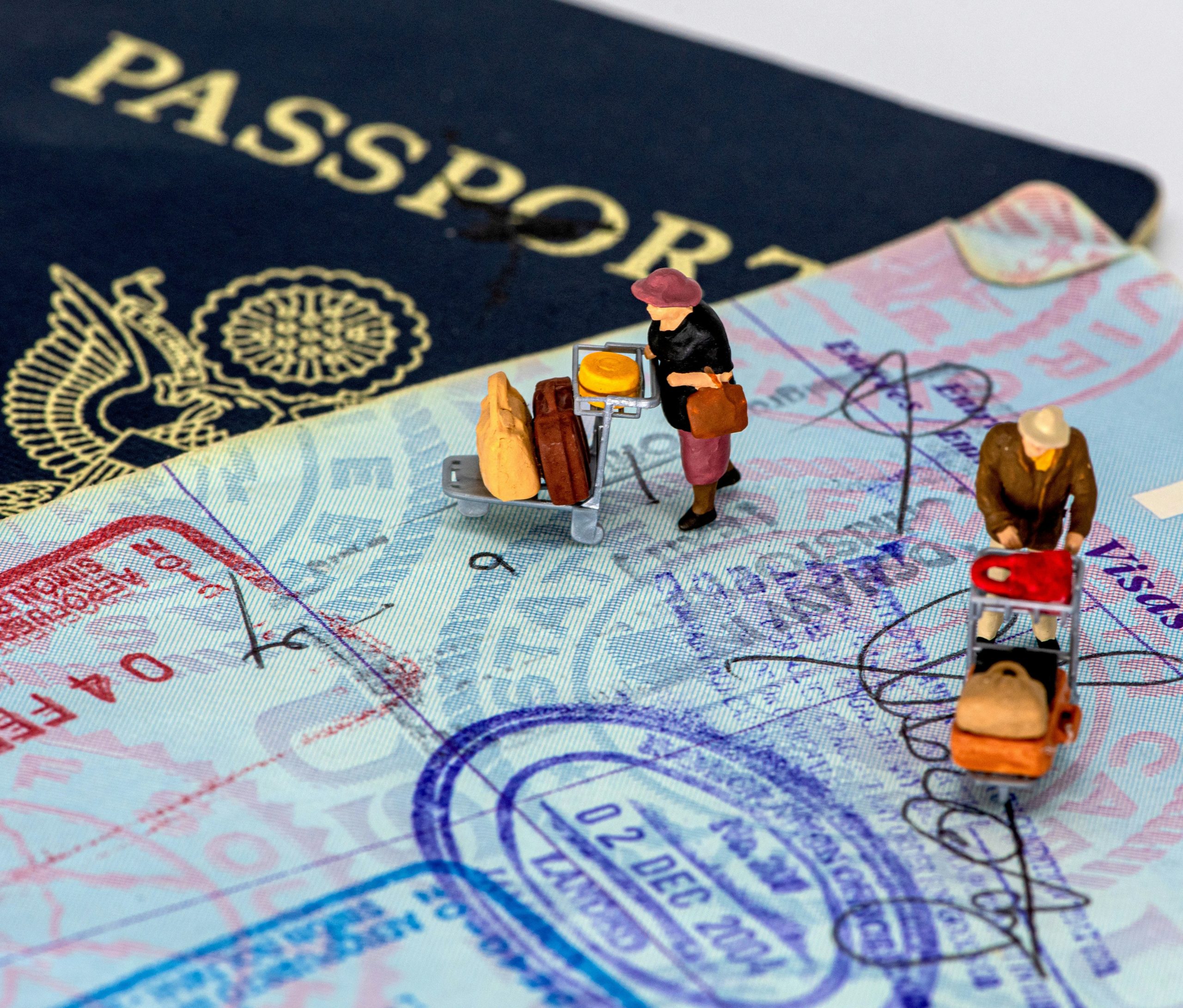Madeira attracts more immigrants and expats who want to enjoy its mild climate, safety, and European lifestyle. If you plan to live here for a long time, understanding the residency visa process in Portugal is essential. This guide explains what it is, who needs it, the available types, and how to apply.
1. What Is a Residence Visa?
A residence visa is an official authorisation issued by Portuguese authorities that allows foreign nationals to enter Portugal for residency. It differs from a Schengen visa, which only covers tourism or business visits of up to 90 days.
A residence visa is usually valid for four months and allows two entries into Portugal. During this time, holders must apply for a residence permit with the Agency for Integration, Migration and Asylum (AIMA, formerly SEF).
Legal Definition
According to Portuguese law, a residence visa is a valid permission issued by a competent authority entitling the alien to enter the country and stay there temporarily, intending to apply for a residence permit that allows repeated entry and long-term residence in Portugal. The residence permit is the document that formalises the right to reside in Portugal for a specified period, subject to renewal and compliance with legal requirements.
2. Who Needs a Residence Visa?
Third-country nationals, including non-EU, non-EEA, and non-Swiss citizens, need a residence visa if staying longer than 90 days.
EU, EEA, and Swiss citizens do not need one but must register with the local municipality if staying beyond three months.
Some nationals, such as Australians, benefit from reciprocal agreements that allow short stays without a visa. However, longer stays require a residence visa in Portugal.
3. Types of Residence Visas
Portugal offers different visas depending on your purpose for staying.
- Work Visa: This is for foreigners with a job offer in Portugal.
- Study Visa: This is for students enrolled in Portuguese universities or schools.
- Family Reunification Visa: For relatives of legal residents in Portugal.
- Investment Visa (Golden Visa): For those investing in property, capital, or business.
- Highly Qualified Activity Visa (Blue Card): For professionals in specialised or high-value fields.
- Digital Nomad Visa: For remote workers employed by foreign companies.
These categories make Portugal, especially Madeira, accessible to people with different goals.
4. General Requirements
Most residence visa Portugal applications require similar documents. These include:
- Valid passport
- Proof of sufficient funds
- Accommodation proof (rental, property, or invitation)
- Criminal record certificates
- Health insurance
- Purpose-specific documents, such as a work contract or university admission letter
Applicants must ensure translations into Portuguese where required.
5. Step-by-Step Application Process
- Step 1: Prepare Documents. Collect all necessary documents, ensuring accuracy and proper translations.
- Step 2: Submit Application. Apply at the Portuguese consulate or embassy in your country of residence.
- Step 3: Attend the Interview. Some applicants must attend a consular interview to confirm eligibility and document validity.
- Step 4: Receive a visa. The visa is valid for four months and allows two entries if approved.
- Step 5: Enter Portugal.
- Step 6: Apply for a Residence Permit. Submit additional documents, proof of address, employment or study details, and biometric data.
6. Special Considerations
Duration and Renewal
A residence visa is temporary and must be converted into a residence permit. Residence permits usually last one or two years and are renewable.
Rights and Duties
Holders may work, study, and access social services while respecting Portuguese laws, taxes, and social security obligations.
Family Reunification
Spouses, children, and dependent relatives may join the primary resident through family reunification, provided proof of relationship and financial means exists.
7. Frequently Asked Questions
- Can I apply while already in Portugal? No, you must apply from outside Portugal.
- What if my visa expires before I get my residence permit? You must apply within the visa’s validity to avoid penalties.
- Can I work with a residence visa? Unless your visa explicitly covers employment, you can only work after receiving your residence permit.
- What is the difference between a visa and a permit? The visa allows entry; the permit grants legal long-term residence.
Conclusion
Obtaining a residence visa in Portugal is the first step for immigrants and expats planning to live in Madeira or elsewhere. Careful preparation, correct documentation, and respect for the process make relocation smoother.
Portugal’s supportive legal framework and welcoming lifestyle ensure a rewarding experience for those seeking a new home. For personalised guidance, always consult qualified immigration professionals.
The founding of Madeira Corporate Services dates back to 1996. MCS started as a corporate service provider in the Madeira International Business Center and rapidly became a leading management company… Read more




